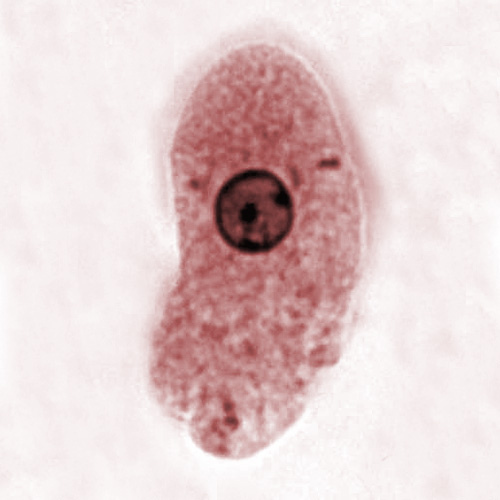By Katie Tegtmeier (Contributor) – Email
Print Edition: June 6, 2012
Have Arthritis? Chances are, if you don’t, someone you know does. Arthritis.ca states that this chronic condition affects over four million Canadians, mostly adults in the 65+ range. It is characterized by how it causes inflammation of joints causing pain and stiffness. Usual treatments for this disease consist of exercise, dieting, medication and in severe cases even surgery.
Now, have you ever travelled down south for a tropical getaway and developed excruciating abdominal pains? These may have been accompanied, unfortunately, by not-so-pleasant diarrhea and lasted from four days to over a week. What you may have contracted was a bacterial infection or parasite in your large bowel; Amoebic Dysentery isn’t by any means a welcome buddy on your vacation, although that is most likely where you will contract it. Bodyandhealth.canada.com states that it is transmitted through interaction with contaminated food or water; this generally occurs because of poor sanitation and hygiene.
Now you ask yourself, what in the world do these two conditions have in common? Both are unpleasant, yes, but a new study shows that the two are linked by a drug initially used to treat arthritis symptoms. Auranofin is a gold containing salt compound categorized as a ‘Disease Modifying Anti-Rheumatic Drug’ (DMARD). Used since 1985, this rheumatoid arthritis prescribed drug has proved effective in the laboratory at killing Entamoeba histolytica (the bacteria that causes Amoebic Dysentery), as the previous drug used, metronidazole. The search for an alternate drug began by testing old drugs that had already been approved for use, cutting costs astronomically.
The BBC reported that initially the testing for a new drug began because the disease has been thought to kill nearly 70,000 people a year, the majority of them in countries where extreme poverty is common. A BBC News article quoted professor James McKerrow saying “When we’re looking for new treatments for the developing world, we start with drugs that have already been approved.” This is a cost-effective way of finding the solution without wasting unnecessary money on something where the solution may already have been created. The drug used before, metronidazole, is an antibiotic used specifically to treat certain parasites and anaerobic bacteria. This specific bacterium thrives in oxygen-poor environments, making it understandable that the main areas of infection to occur in humans would be the abdomen, liver and pelvis. While metronidazole was effective enough to help patients recover, auranofin does the equivalent and in some cases performs better.
Only so far being tested on small animals infected with the amoeba, auranofin has shown amazing results compared to other tested drugs. Also quoted in the same BBC News article as previously mentioned, was Dr. Graham Clark on the subject; “Although auranofin has to date only been tested in animal models of amoebic disease, this means that there is now a potential alternative treatment for individual cases where metronidazole fails to cure the infection or in the event resistance to metronidazole emerge as a clinical problem in the future.” This is great news seeing as people may develop an immunity to certain medications if taken often or in high dosages. So in countries where metronidazole is commonly used to treat a frequently occurring disease, there is now an alternative for people not experiencing results with the previous drug.


